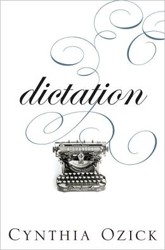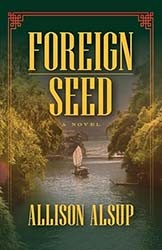Before the title page of Cynthia Ozick’s newest novel, Antiquities, there is a picture on an otherwise blank page of a white-bearded man in a dark coat walking along an excavation site in a desert. He’s grimacing slightly, which, with his aged and weathered face, makes him appear wise. The photo is captioned simply, “Cousin William.”
Beginning with this nod to the past, Antiquities sets its stage; it will be a novel about tiring excavations, about peoples and histories. Told in a series of diary entries, a retired lawyer and descendant of the famed archaeologist Sir Flinders Petrie, Lloyd Wilkinson Petrie, tries to uncover the enigmatic nature of three men who have colored his life: his father, who took a mysterious trip to Egypt as a young man, which irrevocably changed him; Cousin William, who led excavations across Egypt and joined Lloyd’s father on his mysterious trip; and Ben-Zion, one of Lloyd’s classmates at the Temple Academy for Boys — an anglican all-boys boarding school in Westchester that opened in the late nineteenth century and closed a few decades later — who, despite being a social outcast, captivated him.
Like these enigmatic men, Lloyd grapples through the novel with wanting to be an insider, as much as he is an outsider. At the Temple Academy for Boys, Lloyd wanted acceptance from his peers but faced their rejection for his association with Ben-Zion. Even at the time of his journaling, when he’s living at the Academy, his former classmates and the school’s trustees alienate him. His only company is Hedda, a German woman who manages the property. He finds solace in her, and yet he derides her in his journal for her German heritage. He’s internalized a strict reverence for tradition and class convention, and his desire to rebel against it — he privately believes — is his greatest obstacle.
Lloyd also grapples with the difficulty of writing memoir, which is his primary task in the novel: along with the other trustees residing at the Academy, Lloyd must write a short memoir — no more than ten pages — of his time attending the school, so that their memoirs will replace the current text documenting the school’s history. He falls headfirst into the process, quickly exceeding the ten-page limit, and yet he can’t convince himself of its usefulness. “[H]ow can I go on with my memoir, to what end, for what purpose?” he laments. “What meaning can it have, except for its writer?” The reader is left wondering the same thing, and with the myths and histories of different lands, people, and institutions coating the story, the question broadens; what role do they all serve? How do they help, and how do they harm?
In Antiquities, Ozick has created an elusive and slow-burning novel that, with her sharp prose, will grip fans of her work, along with new readers.
Benjamin Selesnick is a psychotherapist in New Jersey. His writing has appeared in Barely South Review, Lunch Ticket, Tel Aviv Review of Books, and other publications. He holds an MFA in fiction from Rutgers University-Newark.





